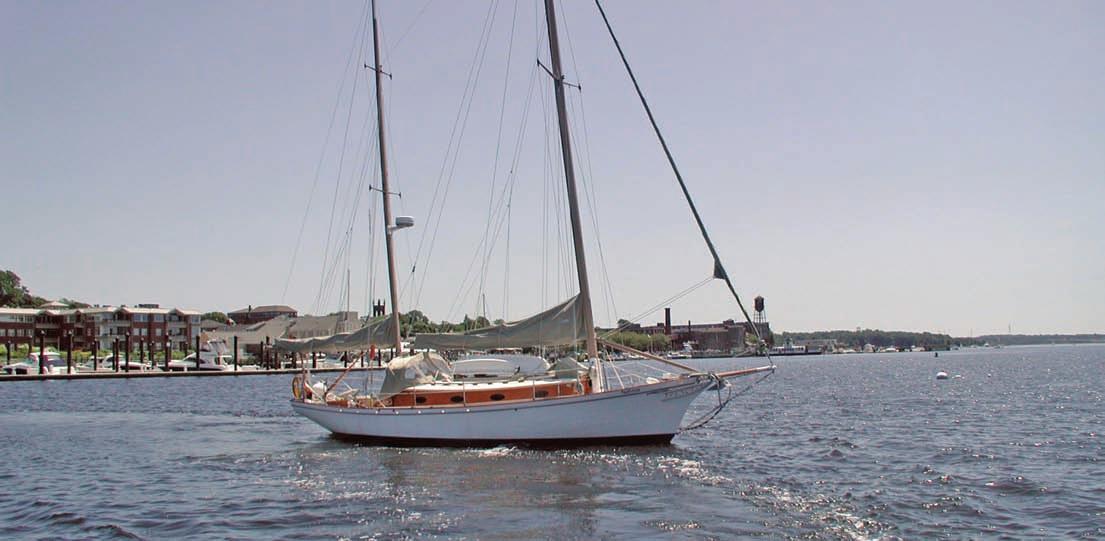Seafaring Fiction Unfathomable Sea! Whose waves are years! Oceans of time, whose waters of deep woe Are brackish with the salt of human tears! Thou shoreless flood which in thy ebb and flow Claspest the limits of mortality … - Percy Bysshe Shelley From the time of the ancient mariner man has long been committed to the sea, I think, because as John F. Kennedy said, “We are tied to the ocean. And when we go back to the sea we are going back from whence we came.” I derive a great deal of reading pleasure and endless inspiration from books involving seafaring adventure. Here is my list of what I consider to be the Top 10 of the seafaring fiction genre: 1. The Odyssey, by Homer. In case you don’t recall, this is the ancient poem written around the end of the 8th century BC that tells the tale of the Greek hero Odysseus (Ulysses, in Roman mythology) and his voyage back to Ithaca after the Trojan War. From the Cyclops to the Sirens, it is an epic tale unlike any other, and it is from this that we use the word Odyssey to refer to an epic journey. It’s Homer’s Odyssey! Read it!! 2. Treasure Island, by Robert Louis Stevenson. First published in May, 1883, Stevenson brilliantly plants the images that universally come to mind when one hears the word “pirates!” Here you have Long John Silver, Jim Hawkins, buried treasure, peg legs, parrots, X marks the spot, Ben Gunn, the Black Spot, and pirates a plenty! Might I suggest that you acquire a copy illustrated by N.C. Wyeth? It will truly add to your reading pleasure, again and again. 3. Moby Dick, by Herman Melville. This classic tale, first published in October, 1851, ranks in literary circles as one of the Great American Novels. It presents the tale of Ahab, the captain of a whaling vessel, out for revenge against a great white whale. Based on an actual event that occurred in 1820 where a giant sperm whale rammed a whaling ship out of Nantucket, the Essex, causing it to sink, it’s good versus evil, as seen through the eyes of the wandering sailor, Ishmael. It’s complex and it’s riveting, and I believe that it is a must read, at some point, in every man’s life. 132 Summer 2013 pg 132-133 Blackbear.indd 2
By Steve Buckley
4. The Old Man and the Sea, by Ernest Hemingway. This one is a bit difficult for me to explain in just a few sentences. So much so, that I had to wait until I was finished with the others, and then come back to it. However, after trying to whittle it down, I have decided to not even attempt to explain it, because I find myself getting too caught up in it. I’ll simply say this; I think it is one of the finest literary accomplishments ever! Published in 1952, it deservedly won Hemingway the Pulitzer Prize in 1953 and greatly contributed to his being awarded the Nobel Prize in Literature in 1954. Now, I am going to go out and sit on my deck with my first edition copy, light up a fine Cuban cigar and sip some Pyrat Rum. 5. Robinson Crusoe, by Daniel Defoe. This is the splendid tale of a castaway who spends 28 years on a remote tropical island, enduring run-ins with cannibals, pirates and an assortment of other dangerous characters. There is no doubt that Defoe drew from the real life events involving Alexander Selkirk, a Scottish mariner who became a castaway when his ship wrecked off the coast of Chile in 1705. You might think that given the four years that Selkirk spent on the island, Defoe would not have needed to so fictionalize the account, but thank goodness he did! 6. Captain Blood, by Rafael Sabatini. This is the first in Sabatini’s trilogy about the exploits of the fictional character, Dr. Peter Blood. Set in the time of the brazen buccaneer, Sir Henry Morgan, you can see where Rafael drew from Morgan’s real life pirating exploits to frame his character, as well as the historical background he describes throughout. It’s Port Royal and pirates and the plundering of booty! I have to make a suggestion here. After you have read the book, watch the movie version starring Errol Flynn, Basil Rathbone and Olivia de Havilland; perhaps a bit dated compared to Captain Jack Sparrow, but still a swashbuckling good time! 7. Cup of Gold, by John Steinbeck. This is Steinbeck’s first novel, and not one that received much acclaim, except from me, perhaps. It’s loosely based on Henry Morgan’s sacking of Panama, and his amorous affairs and piratical activities throughout his campaign. Morgan’s exploits apparently delivered much in the way of inspiration for seafaring Cruising 4/25/13 3:12 PM






















